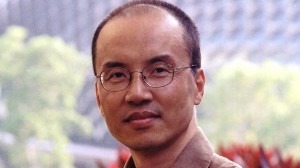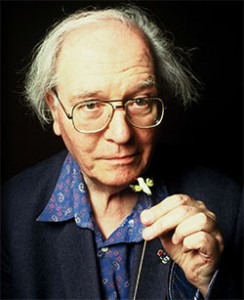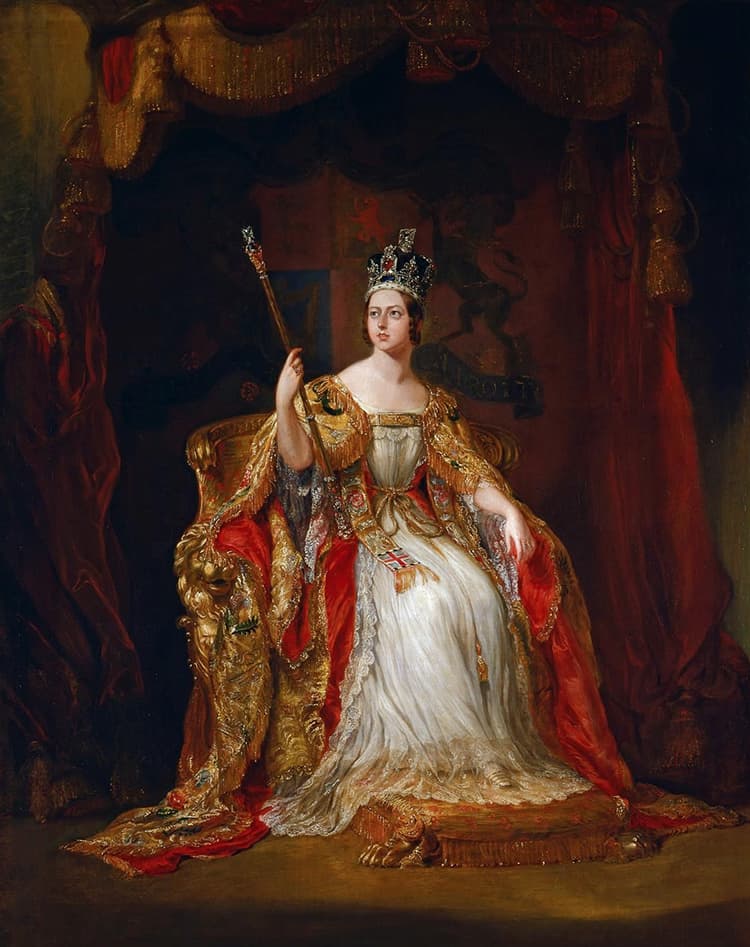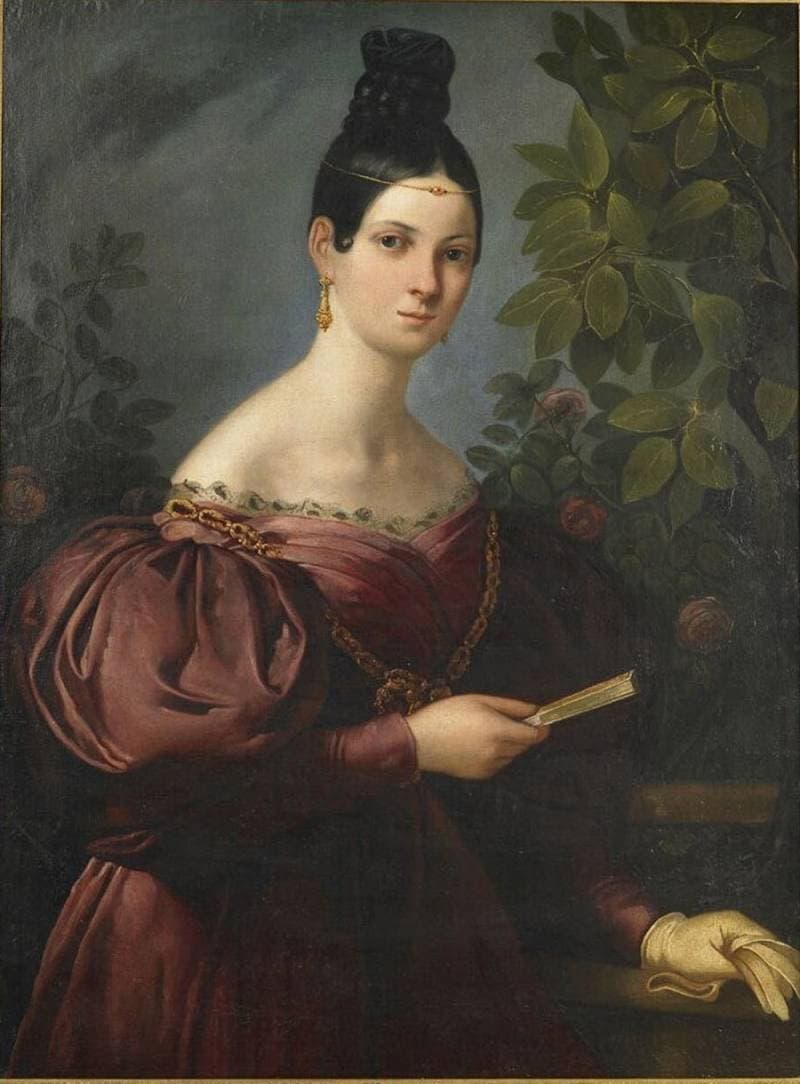
Chen Qigang
In 1977, Chen beat out 2000 applicants and was one of only 26 candidates to be accepted into the composition class at the Beijing Central Conservatory. After five years of studies with Luo Zhongrong, he won the national composition competition. As such, he was the single student in his field of composition to be authorized to go abroad and pursue graduate studies. Messiaen did not need much convincing and accepted Chen because he recognized a great potential. “Endowed with exceptional intelligence, and an excellent internal ear,” he writes, “Chen has very quickly assimilated European music and all contemporary music.”
Olivier Messiaen: Le Merle noir (The Blackbird)

Olivier Messiaen
And it was Messiaen’s encouragement that decidedly contributed to Chen finding his own unique voice. Messiaen proudly suggested, “Chen’s compositions display real inventiveness, very great talent and a total assimilation of Chinese thinking to European musical concepts.”
True to his teacher’s words, Chen’s compositions frequently take us on magical journeys through a fascinating and integrated sonic environment that simultaneously combines Chinese and Western musical influences. An opulent tapestry of richly layered voices generally provides the atmospheric backdrop for organically blending traditional Chinese folk music with orchestral textures and dramatic gestures. Chen’s music creates an acoustic environment of haunting, timeless beauty!
Chen Qigang: Piano Concerto “Er Huang”



